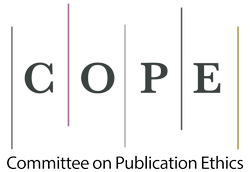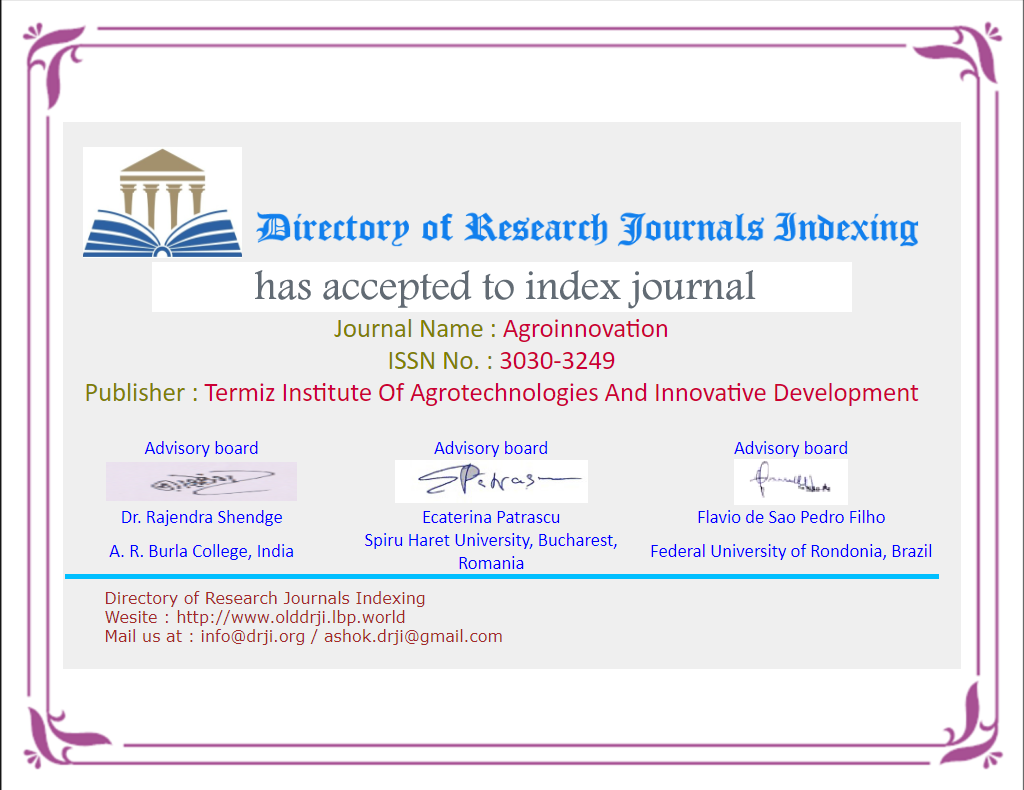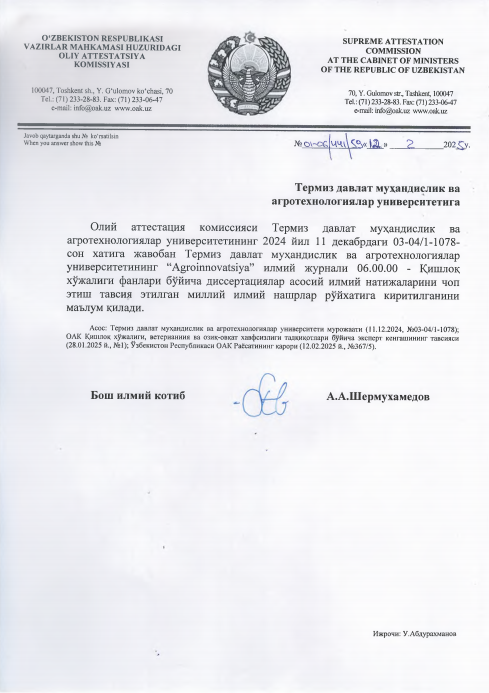SOCIAL ASPECTS OF CLIMATE CHANGE AND FOOD SECURITY
##semicolon##
food security##common.commaListSeparator## Climate change##common.commaListSeparator## social inequalities##common.commaListSeparator## social solidarity##common.commaListSeparator## human rights##common.commaListSeparator## sustainable agricultureAbstrak
Climate change is one of the biggest global problems that has profound effects on environmental, economic and social systems worldwide. One of these effects is the threat to food security, which is a fundamental right for human life. Food security refers to the continuous access to sufficient, nutritious and safe food and is based on four basic components: production, access, use and stability. However, climate change threatens each of these components by negatively affecting agricultural systems, food supply chains and price stability.
This article examines the social impacts of climate change on food security. These impacts are discussed in the context of socio-economic inequalities, gender injustices, poverty, challenges faced by indigenous peoples and human rights. It is emphasized that especially vulnerable groups are more vulnerable to climate change and that this situation deepens social justice. It is also suggested that climate change mitigation and adaptation strategies should be developed on the basis of social solidarity, sustainable agricultural policies and inclusive approaches.


























